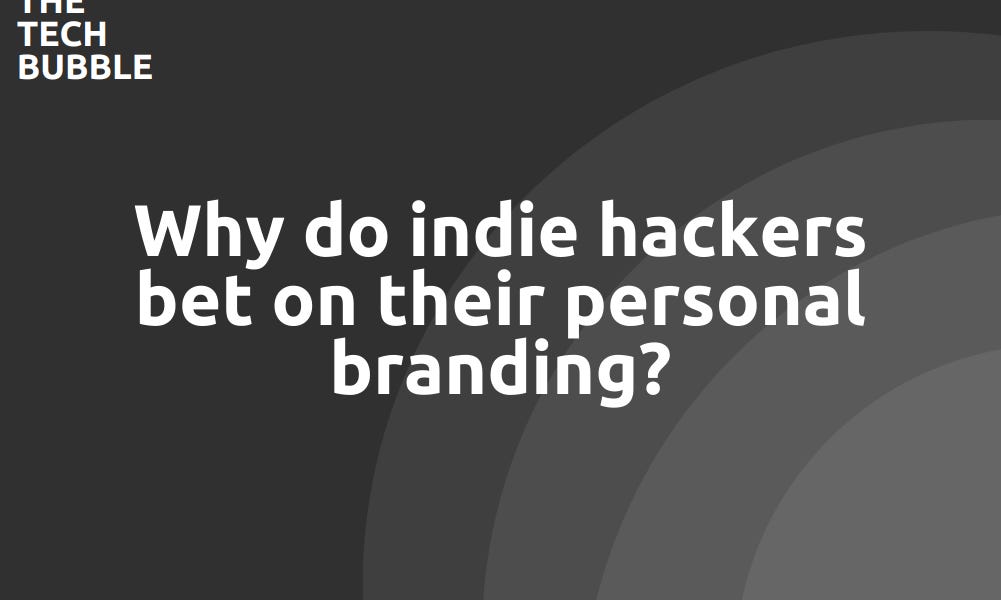Do I really need him as cofounder?
Hi, I'm a non-tech entrepreneur (engineer + MBA and I've been in incubators programs). I have an idea and I think a friend of mine could be useful but I'm not sure if useful enough to get shares.
To be more clear I will explain with a FAKE EXAMPLE:
Let's say the idea is a Travel Marketplace (GETYOURGUIDE) and my friend is a guide travel who has travelled around 150 countries, so has conections in that sector and knows well how do agencies work etc
I'm going to bootstrap and test the MVP before looking for a CTO (I have some coding knowledge and I'm able to create a first low-code solution). I think this friend could be useful, working as the first guide at my platform, bring some colleagues,... And I was planning to pitch him my idea and ask to join me as co-founder, but now I'm thinking that maybe is not a good idea, because I don't now what important role could he fill once the platform is created. Maybe quality control of "guides" signed up? (is this always neccessary at a Marketplace?) Looking for more "guides"?
What would you do? I do value his know-how of the industry, but maybe that's not enough to give him 20% of the company.
PD: About the tech-cofounder. My plan is to look for him once the Problem-solution is validated, and we have some revenue and need to improve for the Product-Market fit. How much equity should I offer to him?
 Indie hackers selling to indie hackers?
Indie hackers selling to indie hackers?

He has the domain expertise, you don't. In order to be successful, you need someone with that know-how. He may not bring in some value now, but it's possible he may be able to open some doors later on in the said industry - either through connections or through marketing channels.
That said, you know better about your 'idea' and how you want to take it further so it up-to you.
Do remember:
"If you want to go fast, go alone, if you want to go far, go together” - African Proverb, Martha Goedert
He could also be a good advisor with some shares but no full time involvement.
If I were you, I would probably do my own company without any cofounders
Hey man, if you can get it done in the beta test I dont see why you need to give him that much of equity or make it a cofounder.
Industry knowledge and connections are beyond useful. You talk about proving the problem solution statement but it sounds like this individual is someone who would have a good sense of that immediately.
Not only that but they probably have some connections that you could interview/pitch to get the best form of validation (money).
When you ask about the equity, surely there is some value that a 'subject matter expert' can provide to both the development and scaling, assuming the idea/business is strong!
The equity percentage should be based on the immediate and long term value he or she can bring. Which is something they should get the chance to defend. 20% could end up getting you 5, 10, 50 customers or 'ins' within your first 3-6 months. Something a lot of great tech ideas miss out on and ultimately fail without.
IMHO the easiest solution is to just pay that guy for now, and later on figure out if his contributions and mentality is valuable enough to make him a co-founder.
In case money is tight I see no other option but to make him a co-founder but make sure his stocks are vested.
20% non voting equity w/ a 60 month earn in might be a way to go given the stage at which you're going to ping him
The good side is that you are looking at the technical aspects of the project and the skills needed for development. Having that awareness is already a victory. You are looking at the tangible aspect.
But having cofounders is much more than technical aspects, skills etc. There are also things that you can't measure that are equally important. Having a cofounder is to feel that someone is in the same boat, that you feel the same pains, that you have someone to talk to and discuss ideas with, a support and backing, and that is important.
If you can test and validate the project by yourself it is a good way to go, but after that, you will need to have people who believe in you and in the project.
Regarding splitting the equity I usually divide this into 4 stages of project vs. risk of failure. The risk decreases along the project stage and so does the equity dilution. This is what works for me.
Is your project just an idea, without validation or MVP?
-SPlit the equity equally. 50/50
Your project already has an MVP but no validation?
Does your project already have MVP and validation?
Is your project already on the market and with the first active users/customers?
But you will always have to see what is best for you, your project and your cofounder. In the end everyone should be happy with the deal and remember that equity should only be diluted by goals achieved.
Great insight on how you would split the equity based on the startup's stage. Very helpful for new founders to have a test reference.
It seems very much like they would help you grow at the very start. If they can get you up and running and being successful that is the key thing. 80% of a lot is more than 100% of nothing.
It could be that you just run the mom test on them and see what they say. They could literally say straight away you've got nothing and you're worrying about nothing.